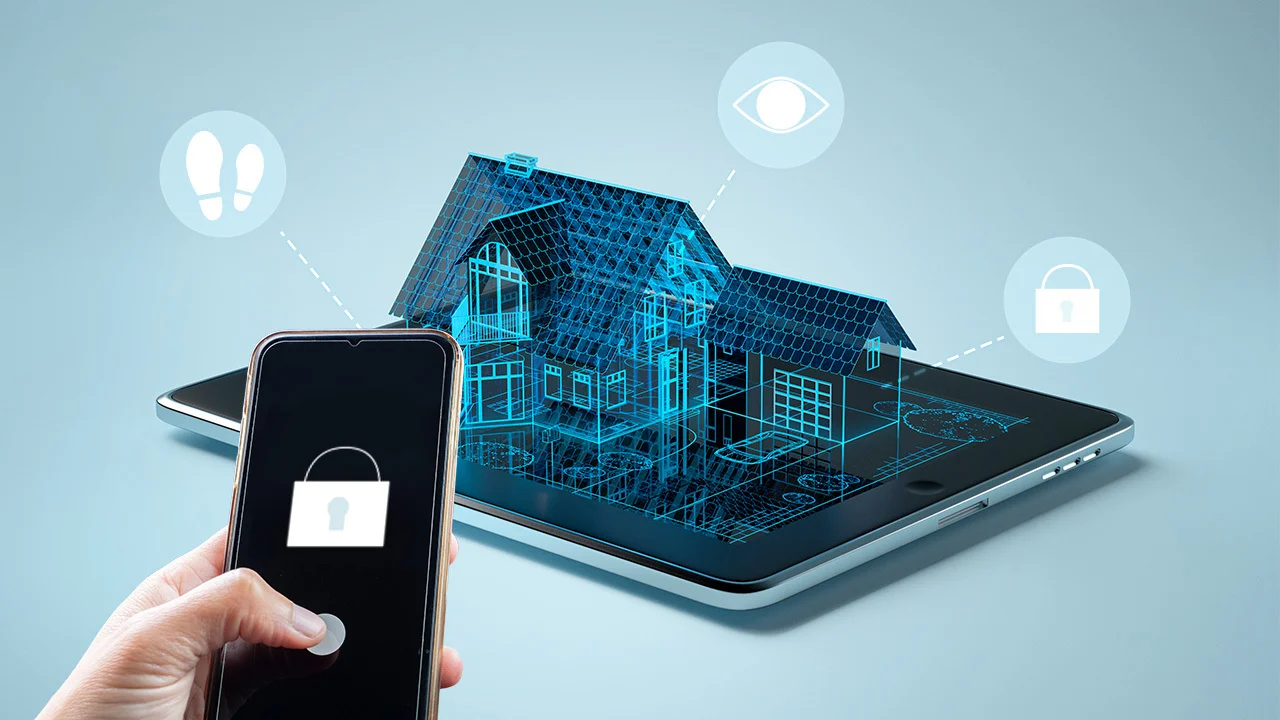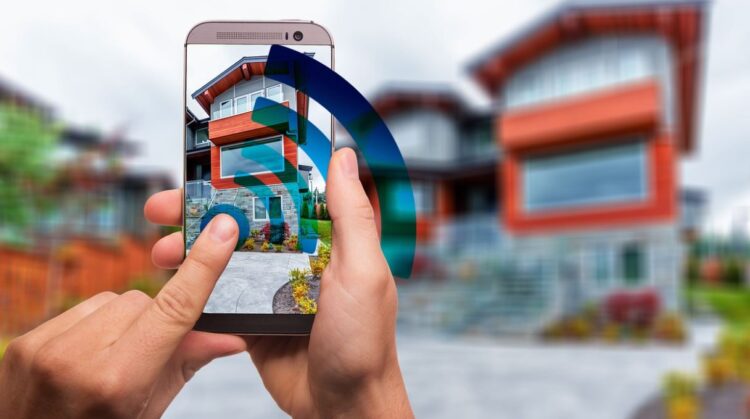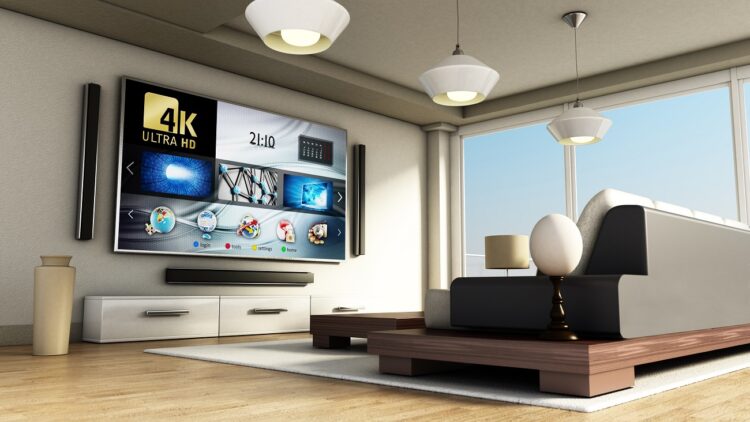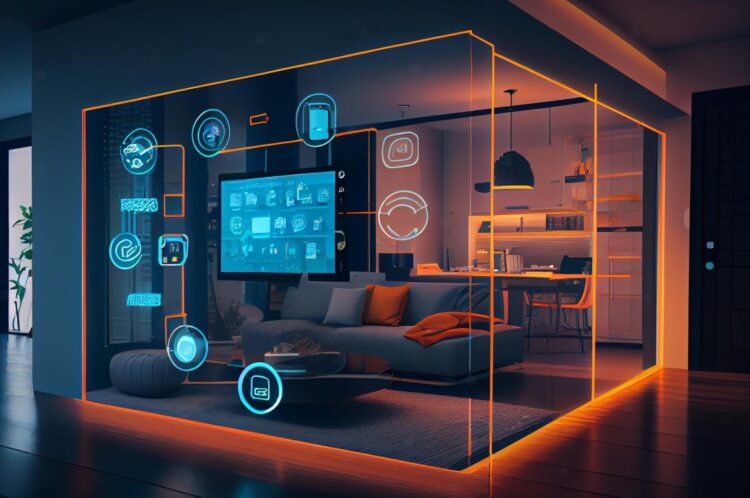In recent years, the concept of smart homes has transitioned from a futuristic dream to a present-day reality. Advances in technology are reshaping how we interact with our living spaces, making them more efficient, secure, and convenient.
This article delves into the various ways smart home technology is revolutionizing our daily lives.
Enhanced Convenience and Efficiency
Smart home devices are designed to make everyday tasks more convenient and efficient. Smart speakers like Amazon Echo and Google Home allow users to control various aspects of their home using voice commands.
From adjusting the thermostat to turning off lights, these devices streamline daily routines. Smart thermostats such as the Nest Learning Thermostat optimize energy usage by learning your schedule and preferences, potentially reducing energy bills and environmental impact.
Improved Home Security

One of the most significant benefits of smart home technology is enhanced security. Smart security systems, including cameras, doorbells, and locks, offer real-time monitoring and alerts. Devices like Ring doorbells provide live video feeds and two-way communication, allowing homeowners to see and speak to visitors remotely.
Smart locks enable users to lock or unlock doors using their smartphones, adding an extra layer of security and convenience.
Health and Wellness
Smart home technology is also making strides in promoting health and wellness. Smart air purifiers and humidifiers maintain optimal indoor air quality, while smart lighting systems like Philips Hue can adjust lighting to mimic natural daylight, improving mood and sleep patterns.
Additionally, smart home gyms equipped with connected fitness equipment and virtual trainers provide personalized workout experiences, making it easier to maintain a healthy lifestyle from home.
Integration with the Internet of Things (IoT)

The integration of smart home devices with the Internet of Things (IoT) is creating a more interconnected living environment. IoT-enabled devices communicate with each other, providing seamless automation and control.
For example, a smart refrigerator can notify you when you’re running low on groceries, while a connected washing machine can start a laundry cycle based on your schedule. This interconnectedness enhances the overall functionality and convenience of smart homes.
Energy Management and Sustainability
Smart home technology plays a crucial role in energy management and sustainability. Devices like smart plugs and power strips allow users to monitor and control energy consumption, reducing unnecessary usage.
Solar panels integrated with smart home systems can optimize energy production and usage, contributing to a more sustainable living environment. Smart irrigation systems, which adjust watering schedules based on weather conditions, help conserve water and promote eco-friendly practices.
Entertainment and Lifestyle

Smart home technology is also transforming how we entertain ourselves and manage our lifestyles. Smart TVs and streaming devices provide access to a wide range of content with voice commands or mobile apps.
Multi-room audio systems enable synchronized music playback throughout the house. Additionally, smart kitchen appliances like connected coffee makers and ovens can be controlled remotely, making daily tasks more enjoyable and efficient.
Online Casinos and Digital Integration
The entertainment landscape has also been significantly impacted by smart home technology, including the world of online casinos, like PASINO.ch the 100% Legal Swiss Casino, leverage advanced technology to offer a seamless and immersive gaming experience. With the integration of smart devices, players can enjoy their favorite casino games from the comfort of their homes.
Smart TVs and voice-controlled assistants enable users to access online casinos with simple voice commands or through dedicated apps. This integration enhances convenience and provides a more engaging and interactive experience for players.
The Future of Smart Homes

As technology continues to evolve, the future of smart homes looks increasingly promising. Advances in artificial intelligence (AI) and machine learning are expected to make smart home systems more intuitive and responsive.
AI-powered virtual assistants will likely become even more integrated into our daily lives, offering personalized recommendations and automating complex tasks. The continued development of 5G technology will enhance the connectivity and performance of smart home devices, further driving innovation in this space.
Conclusion
The rise of smart homes represents a significant shift in how we interact with our living spaces. By integrating advanced technology into our homes, we can enhance convenience, security, health, and sustainability.
Platforms like PASINO.ch exemplify how digital innovations can enhance entertainment experiences, making them more accessible and engaging. As smart home technology continues to advance, it promises to bring even greater improvements to our quality of life. Embracing these innovations today can lead to a smarter, more connected, and more efficient future.
 Hi Boox Popular Magazine 2024
Hi Boox Popular Magazine 2024



